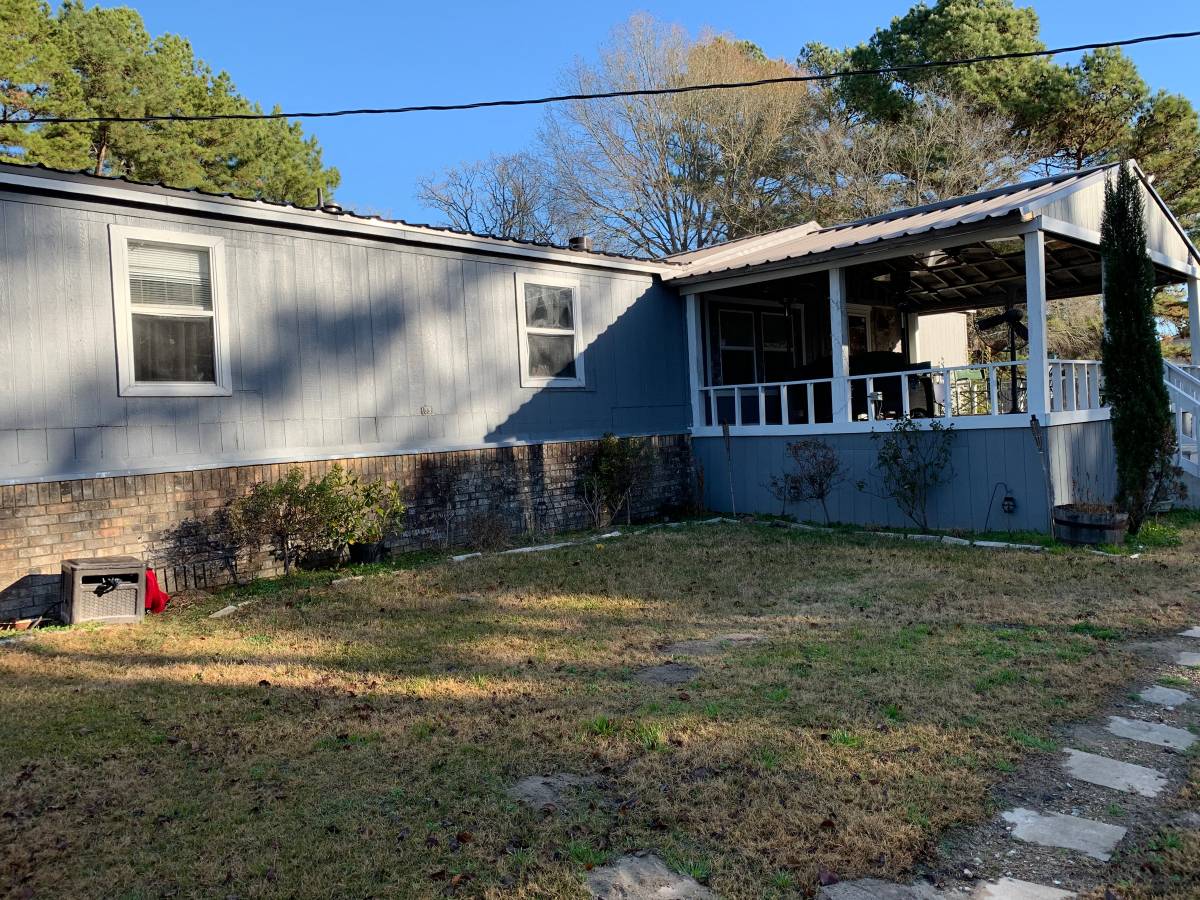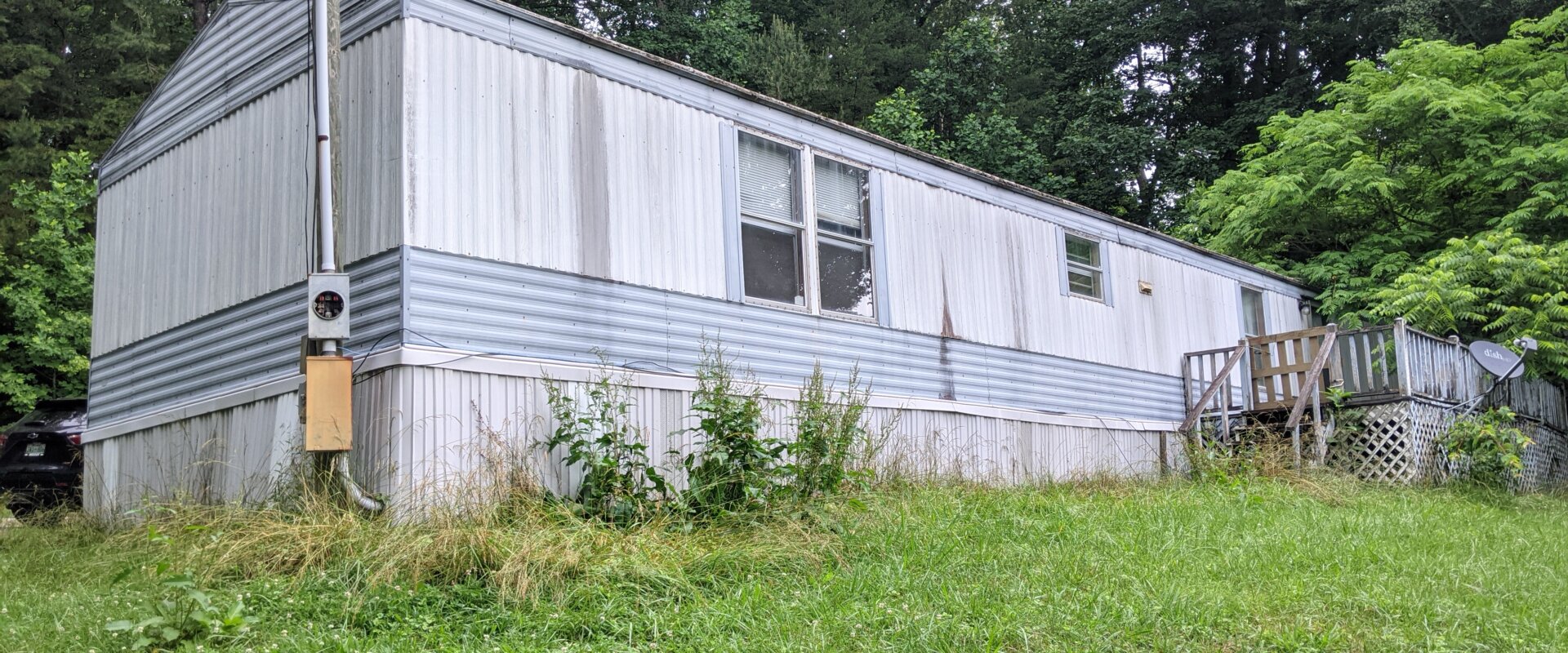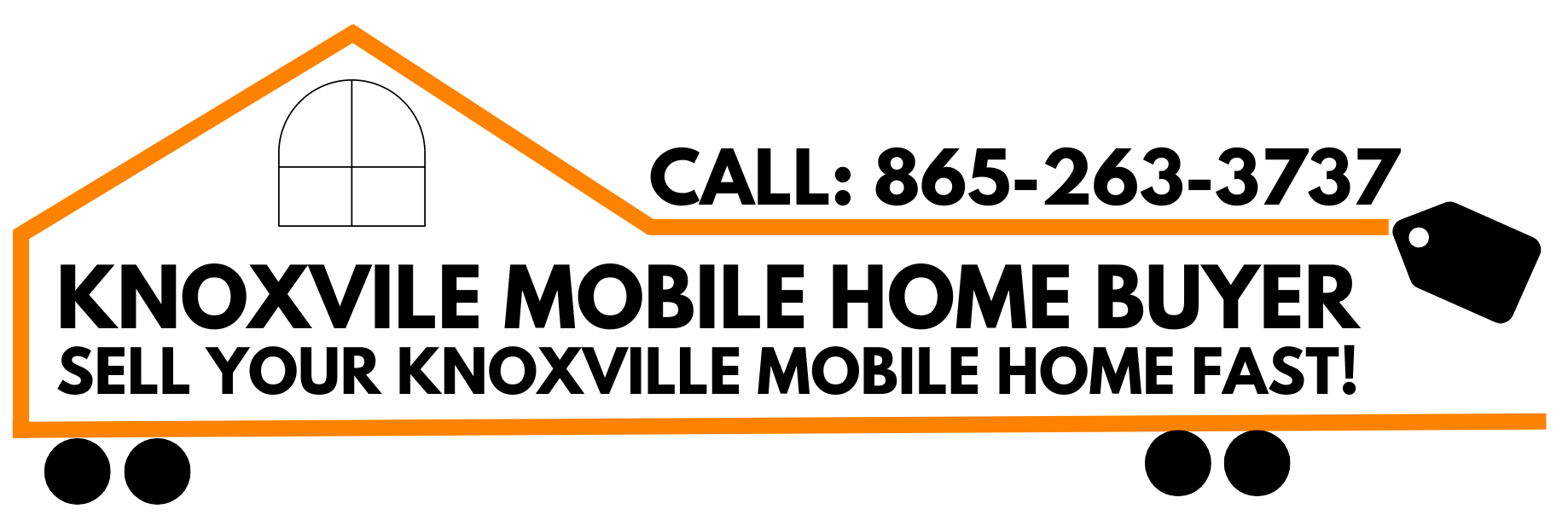Why Are Mobile Home Interest Rates Higher? An In-Depth Analysis
In the landscape of American housing, mobile homes emerge as a popular affordable housing option. Yet, potential buyers often encounter a surprising hurdle: higher interest rates compared to traditional, site-built homes. This guide delves into the multifaceted reasons behind this phenomenon, providing insights for buyers navigating the mobile home market.

Understanding Mobile Homes and Financing
Classification and Impact on Financing
Mobile homes, also known as manufactured homes, are built in a factory setting and then transported to their permanent site. Their classification plays a crucial role in financing options and interest rates. Mobile homes can be classified in two ways:
- Personal Property (Chattel Loans): When mobile homes are not affixed to a permanent foundation or the land ownership doesn’t accompany the home, they’re considered personal property. Loans for these homes, known as chattel loans, typically come with higher interest rates due to the perceived increased risk by lenders.
- Real Property: Mobile homes permanently affixed to land owned by the homebuyer can qualify for traditional mortgage financing, potentially at lower interest rates. However, this scenario requires a more complex process involving land purchase, home installation, and adherence to local zoning laws.
Financing Challenges
Financing mobile homes is inherently more challenging due to:
- Limited lending options: Not all financial institutions offer loans for mobile homes, especially if classified as personal property.
- Higher default rates: Historically, mobile homes have seen higher default rates, contributing to lenders’ wariness.
- Depreciation: Unlike traditional homes, which generally appreciate over time, mobile homes often depreciate, affecting their collateral value.
Lender Risks and Market Perceptions
Perceived Risk by Lenders
Lenders perceive mobile homes as riskier investments for several reasons:
- Default risk: The demographic that typically seeks mobile home financing may have a lower income or weaker credit history, increasing the perceived default risk.
- Repossession and resale challenges: Mobile homes, particularly those not affixed to land, can be harder to repossess and resell at a value that covers the defaulted loan.
Market Perceptions and Impact
The mobile home market is often viewed differently from the traditional housing market. This perception affects interest rates in significant ways:
- Investment perspective: Investors may see mobile homes as less desirable, influencing the financial products available.
- Insurance and maintenance: Higher insurance costs and maintenance concerns can contribute to the overall risk profile, influencing interest rates.
Regulatory Environment
Government regulations and the secondary mortgage market play pivotal roles in the financing of mobile homes:
- Lack of government-backed financing: Unlike site-built homes, fewer government-backed programs are available to support mobile home financing, limiting competitive pressure on interest rates.
- Secondary mortgage market participation: The limited participation of mobile homes in the secondary mortgage market restricts liquidity, leading to higher interest rates to compensate for the lack of funding sources.

Economic Factors and Interest Rates
Economic factors such as inflation, market demand, and the cost of funds also influence mobile home interest rates. Lenders adjust rates to manage their risk exposure and ensure profitability, often resulting in higher rates for mobile homes due to the compounded factors of higher perceived risk and financing challenges.
Navigating High Interest Rates: Tips for Buyers
For potential mobile home buyers, understanding these factors is crucial. Here are some strategies to navigate high interest rates:
- Improve credit scores: A better credit history can significantly impact the interest rates offered.
- Explore all financing options: Research government programs, credit unions, and specialty lenders that offer mobile home financing.
- Consider attaching the home to a permanent foundation and purchasing the land: This can qualify the home for traditional mortgage rates.
- Negotiate the loan terms: Don’t hesitate to negotiate with lenders for better rates or terms.

